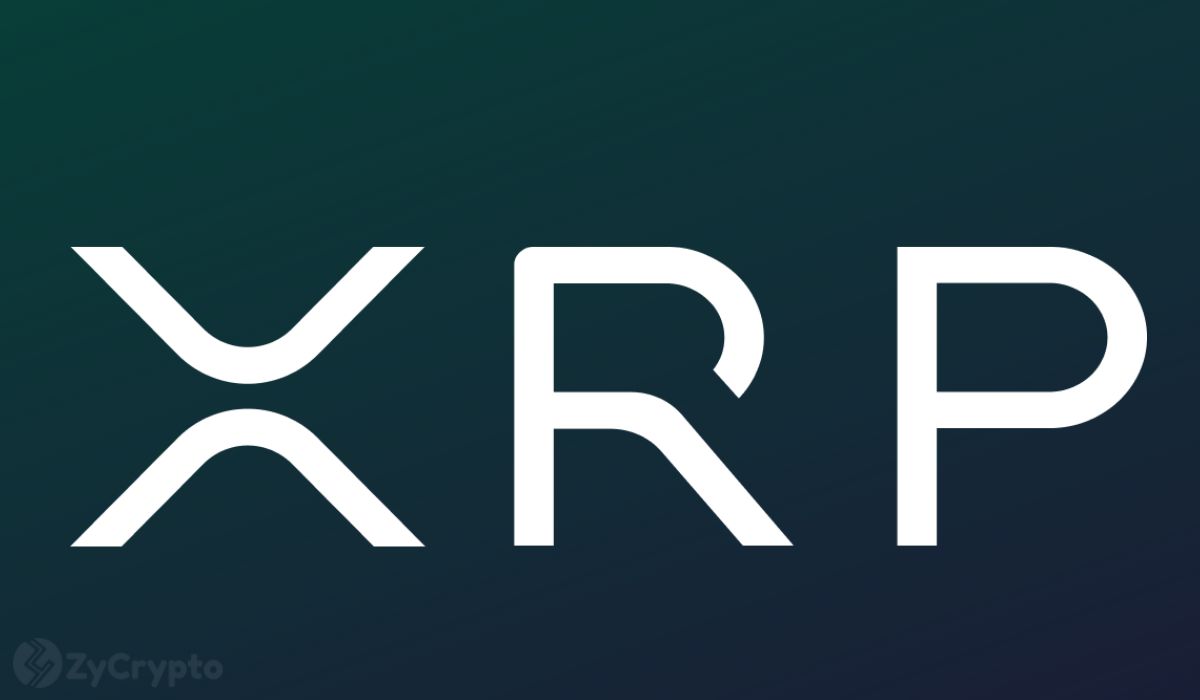Historically, the banking industry’s dominance over global transactions has been unassailable. However, the emergence of blockchain technology and the potential harboured by cryptocurrencies like XRP have set in motion a seismic shift that is upending this age-old paradigm. At the heart of this transformation lies a vital question: Can XRP genuinely disrupt the traditional banking giants and assert itself as a transformative force in global payments?
Potential of XRP
XRP, known for its efficient and swift cross-border transaction capabilities, is positioning itself as a formidable competitor to the established order. The technology underlying XRP facilitates secure, borderless transfers that transcend the confines of traditional banking systems. This inherent flexibility disrupts the conventional banking model, eliminating intermediaries and reducing the friction plaguing global payments.
The value proposition of XRP’s technology lies in its capacity to bridge gaps across financial ecosystems. By leveraging the efficiency of blockchain and the rapidity of cryptocurrency transactions, XRP provides an avenue for real-time, cost-effective cross-border payments that defy the sluggish pace and steep fees of conventional banking channels.
So what’s next?
This transition is not without its challenges. Regulatory landscapes, risk mitigation, and the inevitable clash between established financial institutions and emergent technologies have created a complex backdrop. Yet, the undeniable momentum of XRP showcases a demand for alternatives to the conventional banking system’s shortcomings.
Key players within the traditional financial sector are taking notice. Banks are being compelled to reevaluate their strategies and technological infrastructure due to the threat posed by cryptocurrencies. Some even embrace the innovation XRP represents by integrating its capabilities into their systems. This convergence of legacy institutions and revolutionary technology is indicative of the paradigm shift underway.
However, it’s crucial to acknowledge that the transformation of global payments is a nuanced journey that navigates through regulatory hurdles and economic intricacies. While XRP offers a glimpse into the future of financial transactions, the path to full-scale adoption will be shaped by the interplay between innovation and regulation.
